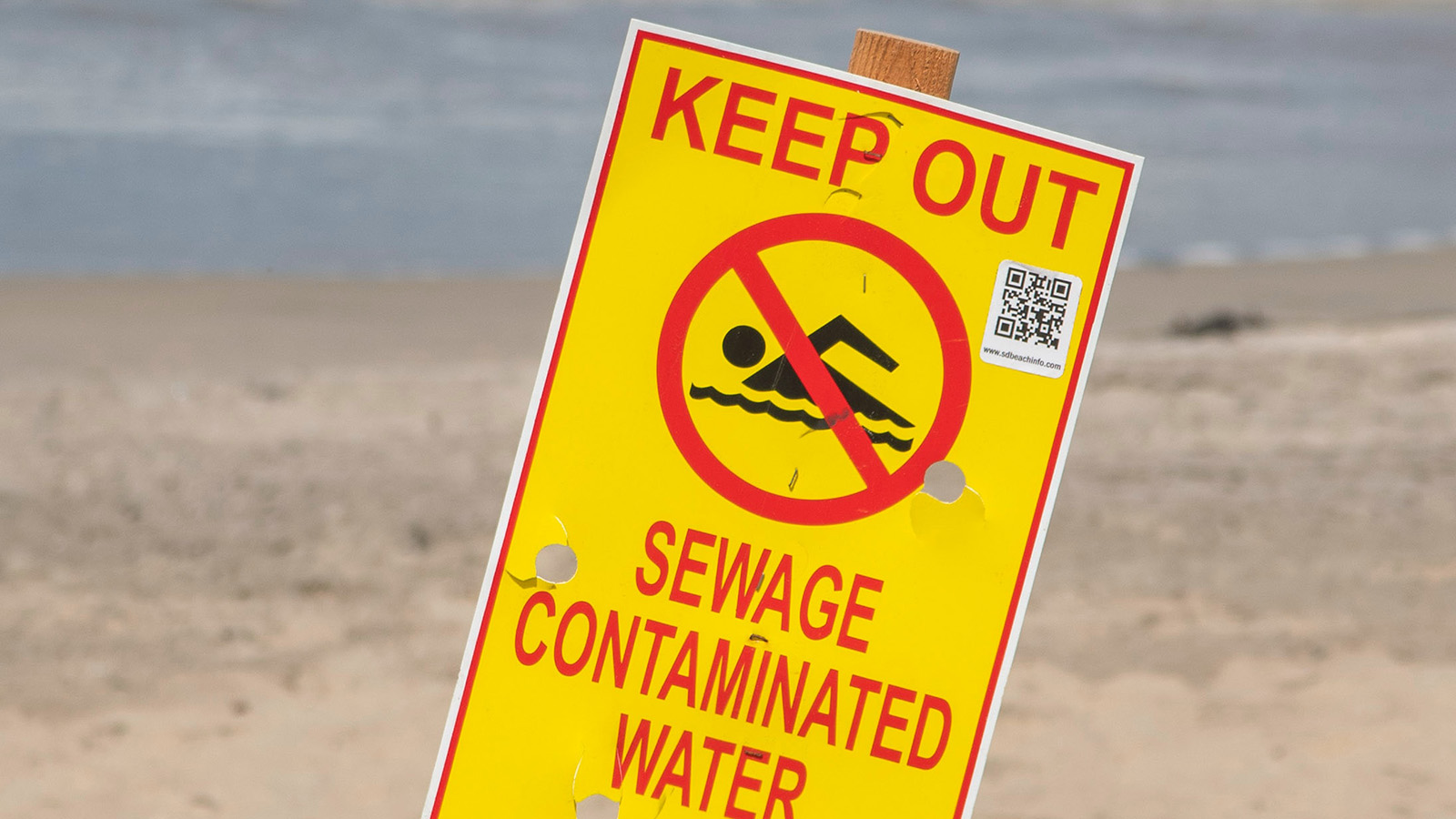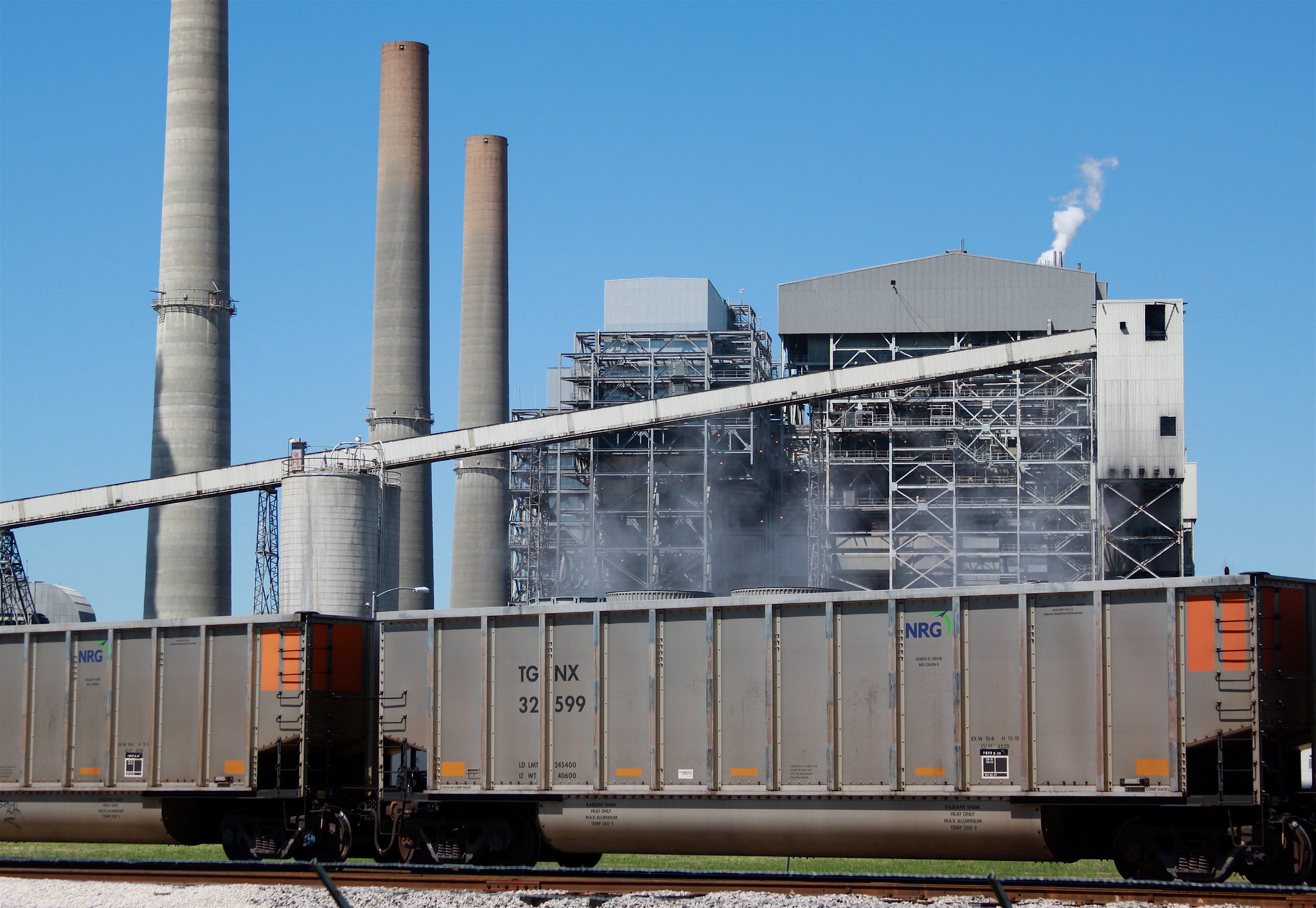
Frontier Group Winter 2013 Update
This winter, Frontier Group’s research helped spur debate on public interest issues that have gained new resonance in today’s high-stakes discussions about reforming our tax system and holding our government accountable for its spending. In particular, our work around the impact of offshore tax haven abuse on state budgets, and on states’ efforts to increase the transparency of their spending online not only received widespread media coverage, but also prompted action by public officials. Our analysis of successful clean energy programs across the country also allowed us to offer policy guidance to state and local governments seeking to tap into the benefits of clean energy.
This winter, Frontier Group’s research helped spur debate on public interest issues that have gained new resonance in today’s high-stakes discussions about reforming our tax system and holding our government accountable for its spending. In particular, our work around the impact of offshore tax haven abuse on state budgets and on states’ efforts to increase the transparency of their spending online not only received widespread media coverage, but also prompted action by public officials. Our analysis of successful clean energy programs across the country also allowed us to offer policy guidance to state and local governments seeking to tap into the benefits of clean energy.
Exposing the Real Impact of Offshore Tax Havens … In February, our research illustrated how offshore tax haven abuse drains state budgets of billions of dollars of much-needed tax revenue each year. In The Hidden Cost of Offshore Tax Havens, we found that state budgets lose a combined $39.8 billion in tax revenues each year to offshore tax haven abuse. Our research prompted Pulitzer Prize-winning tax reporter David Cay Johnston to take to the op-ed page of the Sacramento Bee to point out the impact these losses are having in his home state of California. Johnston pointed out that despite the massive fiscal impact on states, few tax experts or policymakers have made the connection between the federal tax code’s lax provisions and state revenue. He writes: “Before writing a column about this for nonprofit Tax Analysts, publisher of ‘State Tax Notes,’ I asked 13 tax folks, plus my CEO wife, about state governments losing revenue to offshore tax havens. Not one of these people had ever given the problem a thought, though it seems obvious once you focus on it.” The report also received coverage in media outlets such as Bloomberg Businessweek, Boston Globe, Chicago Tribune, Minneapolis Star Tribune, New Jersey Star Ledger, San Francisco Chronicle, Atlanta Business Journal, Portland Business Journal, Roll Call, The Hill, Governing, and The Fiscal Times.
State Officials Seek High Marks in Annual Transparency Report … Four years ago, many states did not provide online access to data on government expenditures. In cases where they did provide information, it was difficult to use or even to understand. Our annual Following the Money scorecard ranking state budget websites has become a national benchmark for evaluating government spending transparency. In four years, the number of states offering checkbook-level spending data on their websites has jumped from 32 to 50.
- Idaho is the latest state to launch a government spending transparency website. The state comptroller’s office credits U.S. PIRG, the failing grade we gave the state in last year’s report card, and the help we’ve offered since.
- Hawaii received a failing grade on this year’s scorecard, and the state’s Department of Budget and Finance director said he “totally agrees” with the report: “I can tell you more about the fiscal condition of the State of Michigan or Massachusetts sitting at my desk then I can tell you about the fiscal condition of the State of Hawaii.” Two days after the report release, a new bill to increase online spending transparency passed out of Hawaii’s Senate Ways and Means Committee.
We also launched a new effort to evaluate the progress of America’s 30 largest cities toward online budget accountability and accessibility with Transparency in City Spending, which received mention in the New York Times. While these reports have helped raise the bar for budget transparency, problem areas remain, particularly in regard to special tax subsidies for businesses. In March, we released Getting Our Money’s Worth? in Massachusetts, which called attention to the fact that the state’s business tax subsidies have doubled in recent years and are being regularly renewed without public review.
Creating a “Race to the Top” for Solar Power … We’ve continued our work to encourage city-level solar development by highlighting cities and towns that are making the fastest progress in the installation of solar energy—and challenging other cities to catch up. In Reaching for the Sun, we analyzed San Antonio and Austin’s tremendous progress in solar energy development to suggest ways the rest of sun-drenched Texas could follow suit. In Solar Works for Washington, we found that Washington can tap into its full potential for solar power, which matches that of Germany, the world’s solar energy leader.
Frontier Group research supported other clean energy and conservation campaigns as well. In Ohio’s Clean Energy Success Story, we showed how the state’s Clean Energy Law is working to drive down overall electricity consumption and boost the portion of Ohio’s electricity coming from wind and solar power. In Texas, ongoing drought conditions are squeezing already limited water supplies, but in our March report, Keeping Water in Our Rivers, we showed how water conservation measures can help Texas prevent further ecological damage in its rivers and lakes and preserve drinking water supplies for the long term.
Extreme Weather, Global Warming and What the Northeast Can Do About it … In April we released the second installment of In the Path of the Storm, which reviewed recent weather-related disasters, the science linking extreme weather to global warming, and the impact that more intense hurricanes, floods and droughts have on our environment and economy. Hurricane Sandy, which caused more than $50 billion in economic damage, underscored the urgency of efforts to reduce global warming pollution. The Northeast states, which bore the brunt of the storm, have taken on a leadership role in the race against global warming with their Regional Greenhouse Gas Initiative (RGGI), a successful cap-and-trade program to limit carbon dioxide emissions. In A Double Success, we showed how strengthening RGGI would help
protect against global warming while speeding the transition to a clean
energy economy.
Other Highlights … Frontier Group’s Tony Dutzik attended a conference in Paris to discuss our research on changing travel trends in the United States with other transportation policy experts from around the world. (Check out a short video of some of Tony’s comments here.) Tony also posted articles earlier this year on Streetsblog about the surge in bicycle commuting in U.S. college towns, and on 2011’s historic drop in driver’s licenses issued to young people. On the Frontier Group blog, amid new posts about clean energy milestones being reached across the country, toxic chemicals in our kitchen spices, and how the young might benefit from Medicare reform, you’ll find a series of posts called “The
Next Four Years,” which features our take on the challenges facing
America in several key areas during Obama’s second term.
Looking forward to Spring 2013 … In the next few months, we will revisit our research on the decline in driving among America’s youth. New reports will focus on the policy implications of this decline for city planners and transportation officials, and on how new digital technologies may be affecting decisions to drive less. We will also build on this research to show why plans for massive highway expansions—such as those planned in Wisconsin—should be carefully evaluated in light of Americans’ changing transportation preferences. Other reports will focus on improving Maryland’s progress toward its energy efficiency goals, and helping more states, such as Colorado and North Carolina, build their solar energy resources. We will also continue our research on the threat that wasteful water use poses to Texas’ rivers.
We appreciate the confidence of our partner groups, expert reviewers and funders, all of whom make possible both the wide range of Frontier Group’s areas of inquiry and our focus on identifying policy areas in which the public interest position can be strengthened by our particular brand of amplification. Thanks for your continued interest and support.
Susan Rakov, Director
Tony Dutzik, Senior Policy Analyst
Travis Madsen, Elizabeth Ridlington, Ben Davis and Jordan Schneider, Policy Analysts
Tom Van Heeke and Judee Burr, Policy Associates
Topics
Find Out More


November Newsletter: Cleaner, quieter lawn care

July Newsletter: Safe for Swimming?

